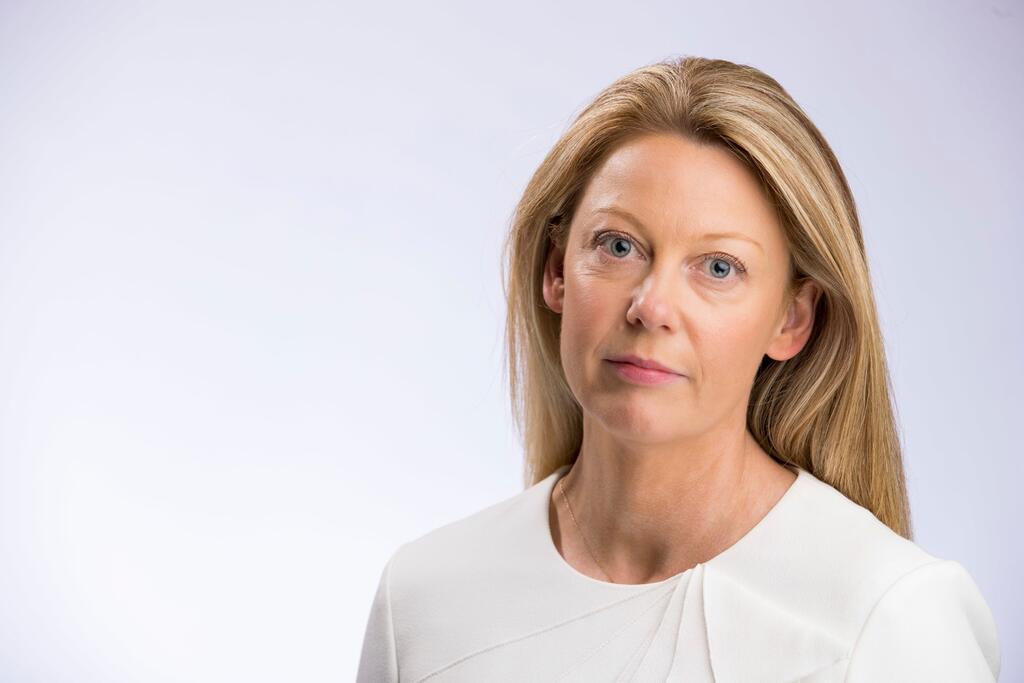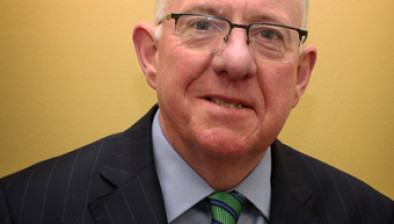DRCC: Understanding of sexual consent improving among Irish public

Rachel Morrogh
The Irish public is gaining a better understanding of sexual consent but further engagement is needed with certain groups, Dublin Rape Crisis Centre (DRCC) has said.
The charity today launched its third tranche of research focused on public understanding of sexual consent, as part of the organisation’s national We-Consent campaign.
One year on from the launch of We-Consent, the latest research shows that 47 per cent of people surveyed report a better understanding of consent than they held 12 months ago. Additionally, 48 per cent of people surveyed reported that they now had a more positive attitude towards consent compared to a year ago.
When asked whether they agree that “Everyone has the right to change their mind at any point during a sexual encounter, no matter how far it’s gone”, over three-quarters (76 per cent) strongly agreed, marking an increase from 62 per cent in 2021. A large majority (84 per cent) agreed that they would “prefer to stop things if I suspect my partner is not enjoying a sexual encounter”, up from 76 per cent in DRCC’s 2021 survey.
However, on the statement “I’d probably keep going even if I suspect my partner is not enjoying a sexual encounter”, one in five men under the age of 45 agreed.
Rachel Morrogh, chief executive officer of DRCC, said: “Changing people’s understanding of consent is essential if the elimination of sexual violence is to be achieved.
“DRCC is delighted that such progress has been made over the first year of the We-Consent campaign and it demonstrates the Irish public’s appetite to learn and change their behaviour so that they are better able to practice consent in their own lives.
“The research also reveals that there are considerable challenges emerging amongst some of the groups we are seeking to engage with.
“We are concerned that one in five men aged under 45 years say they would ‘probably keep going’ if they thought that their partner was not enjoying a sexual experience. One in five of those surveyed think that people say ‘no’ to sex when they want to be convinced, and the same number think that sex can lack full consent but is not rape.
“These are beliefs that DRCC is challenging through education and awareness, but equally, we really urge anyone who comes across these ideas in their friend or family groups to call them out — our online resources can help with that.”
She added: “We are looking forward to delivering continued progress over the second year of We-Consent and we thank our partners, the Department of Justice, Cuan, Department of Children, Equality, Disability, Integration and Youth and Community Foundation for Ireland for the support they have given us to do so.”
The We-Consent campaign will continue for the next two years at a minimum, with consent workshops and communication initiatives being rolled out nationally to help inform and engage the population.
Campaign research began in 2021 and was continued in 2022 as the precursor to the launch of We-Consent in March 2023. The latest tranche was part of an omnibus survey with a nationally representative sample.










